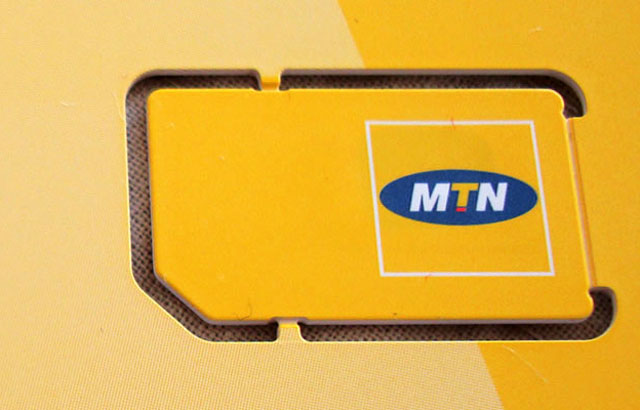
MTN’s week began as badly as it had the week before — for the second Monday on the trot, it was greeted by a plunging share price. This time it was sold down by as much as 10% on the back of rampant speculation, leading to the JSE taking the unusual step of halting trading for several hours.
But the telecommunications group’s share price regained some composure in the days following its second “black Monday” as investors started fretting less about a record-setting, US$5,2bn regulatory fine in Nigeria, which, it seemed, was likely to be reduced, possibly substantially.
News that MTN’s operating spectrum licences in Nigeria would be renewed until 2021 — pending payment of $94,2m – also helped lift sentiment. Although the renewal is “conditional upon MTN fulfilling all of its regulatory obligations”, a company insider says the fine (and payment thereof) is being treated completely separately.
Also helping investor sentiment was that the listing of the group’s broad-based black economic empowerment scheme, MTN Zakhele, went ahead on Thursday as planned.
But MTN is far from out of the woods just yet. For one thing, uncertainty remains about just how much it’s going to have to pay the Nigerian Communications Commission (NCC) for allegedly failing to disconnect more than 5m unregistered Sim cards by an 11 August deadline. News wire Bloomberg this week cited a Renaissance Capital note to clients, which quoted unnamed banking sources as saying that MTN was seeking a 60% to 80% reduction in the fine and was talking to banks about raising money to help settle the NCC fine.
The group itself, however, has said nothing about the nature of its discussions in Nigeria beyond that it “continues to engage constructively with Nigerian authorities at all levels”.
It cautioned shareholders not to take what is published in the media at face value. The warning came after Nigerian publication Vanguard reported, incorrectly, last Monday that the group had decided to settle the NCC’s fine in full.
That report was the trigger for the collapse in MTN’s share price on Monday, which led to the suspension of trading until the group was able to issue an update to shareholders reminding them to “exercise caution when reacting to information … not been released by the company”.
Despite a sharp rise in MTN’s share price on Tuesday and Wednesday — when it added 5% each day — the lack of any substantive information from the group on what was happening in the talks with Nigerian authorities was still clearly spooking investors.
Indeed, MTN still has many questions to answer about how the debacle happened and how it intends dealing with the fallout.
For example, why did it apparently ignore an instruction from the NCC to disconnect the 5m unregistered Sim cards, knowing full well the scale of the penalty it could face?
Also, when did it know the fine would be imposed and did it inform the market timeously? It is facing a formal investigation in this regard by the JSE, including a probe into whether any insider trading took place.
MTN also hasn’t yet said who, if anyone, will be held directly accountable for the mess. Will senior management heads roll, and if so, who will be shown the door?
There are growing concerns that the hardline approach taken by Nigerian authorities over Sim card registration could be copied by other markets in which MTN operates.
Already, South Africa’s parliamentary portfolio committee on telecoms & postal services has signalled an intention to conduct a probe into whether MTN is complying with the Regulation of Interception of Communications Act (Rica), the local Sim card registration law.
According to Bloomberg, the committee intends summoning Icasa, the communications regulator, to interrogate whether MTN is compliant with Rica. Several South African mobile operators are understood to be scrambling to ensure their subscriber databases are fully compliant.
- This piece was first published in the Sunday Times




